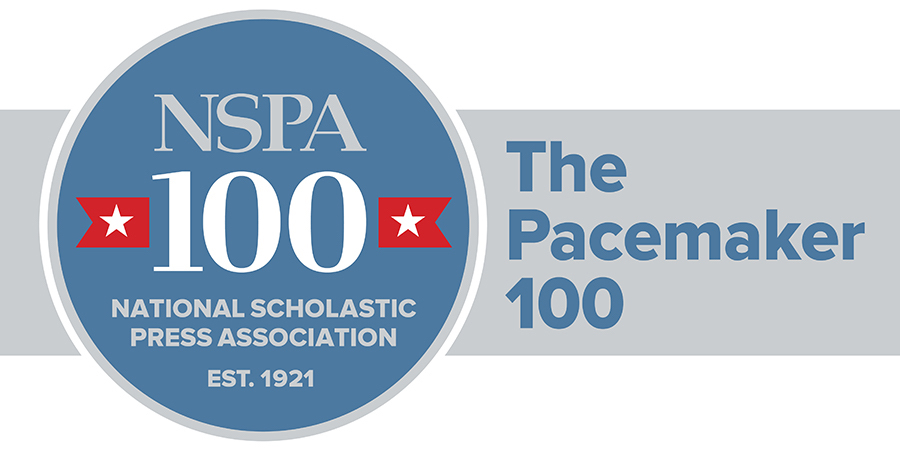For sophomore Rachel Tinker, textbooks and paperback novels are becoming increasingly obsolete with the surging rise of e-readers, electronic devices designed for reading digital books and magazines.
“E-readers are efficient, lightweight and portable,” said Tinker. “You can store multiple books on one device.” As an owner of the Amazon Kindle, Tinker believes e-readers should completely replace paper books at Central within the next five years.
The popularity of e-readers is sweeping the nation, as students, teachers and librarians are considering e-readers a viable alternative to textbooks. According to a Business Week article by Kevin Tofel, 25 million e-readers have been sold so far this year, and sales are projected to triple by 2016.
E-readers are becoming increasingly affordable. While the first Kindle released four years ago cost a staggering $399, a basic Kindle is only $79 now, which is less than the cost of the average textbook. E-books are usually cheaper than regular paperback books, and pre-1920 classics are free.
These electronic readers have all the features in paper books, plus added-on features.
“On my Kindle, I can virtually highlight and annotate on the screen,” said Tinker. “But I can also tap on a word I don’t know the meaning of and find the dictionary definition.”
The use of electronic paper, or e-paper, allows e-readers to mimic the appearance of ordinary ink on paper. An ideal e-paper display can be read in direct sunlight without the image appearing to fade.
But Tinker is not the only one with this e-reader vision.
Central librarian Cathy Gottlieb shares Tinker’s belief that e-readers have the potential to replace paperback novels. Gottlieb feels that e-readers will encourage reluctant high school readers to read more often.
“While I don’t think e-readers are really fit for textbooks yet, they can definitely be used for novel studies in English classrooms,” Gottlieb said.
Central currently uses 12 Kindles and a few iPads in English classes such as Freshman Literacy.
The administrators of District 203 are putting this vision into action. They are planning a one-to-one device program where every student will have his or her own e-reader, laptop, or tablet.
“Ideally, at some point, every student should have their own laptop with all the school programs downloaded on it,” said Gottlieb. “The device, whatever it may be, can be used during class to take notes, write essays, and read material.”
However, current e-readers have disadvantages. Many books are not yet available for e-readers yet, including Harper Lee’s “To Kill a Mockingbird.” Furthermore, a full size textbook may not display well on a small e-reader screen.
“For textbooks, the interface and screen size on the Nook isn’t big enough,” Gottlieb said. Sophomore Paulina Simkeviciute opposes the use of e-readers altogether.
“E-readers are bad for your eyes,” said Simkeviciute. “Carrying textbooks build muscles, and textbooks will last longer than Kindles.” E-readers can be stolen or broken easily, and replacing e-readers could be costly.
Fortunately for Tinker, the popularity of e-readers continues to grow. But for now, paper books are still the norm, and the invention of e-readers is just another technological phenomenon. So don’t throw out your textbooks yet, because e-readers are not quite ready to take over.



